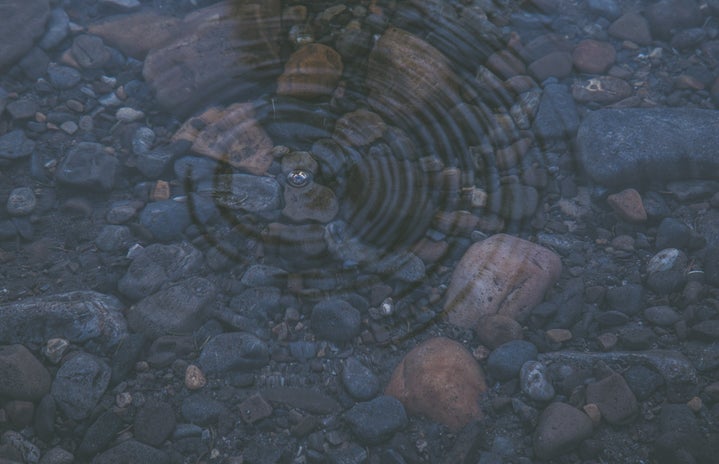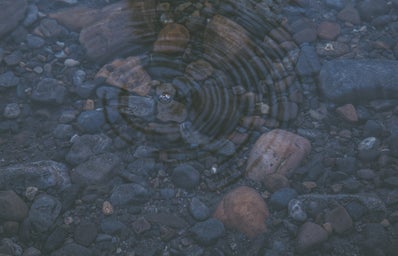A study published in the British Journal of Dermatology may have found a correlation between acne sufferers and an elevated risk of depression.
So does this mean that you have might be more at risk of a depressive episode every time a new blemish pops up on your face? Not necessarily, but the study reveals that there is a distinguishable link between acne and mental health disorders.
As Isabelle A. Vallerand, a University of Calgary epidemiologist and the lead author of this study, explains to The New York Times: “It appears that acne is a lot more than just skin deep. It can have a substantial impact on overall mental health.”
i attribute my relentless acne to being in a permanent state of puberty forever!!!!
— KREWELLA (@Krewella) February 7, 2018
During the course of the study, scientists researched a plethora of men and women, both with and without acne. Teen Vogue adds that over the course of 15 years, the scientists looked at a pool of 134,427 men and women with acne and 1,731,608 without acne. From their research, scientists found that 18.5 percent of the people with also experienced symptoms of depression. Whereas, only 12 percent of the people without acne had depression.
In Dr. Vallerand’s study, her teams of researchers found that the link between acne and depression is prevalent, even if the reason why these two very different diagnoses are connected is baffling. While the reasons why pimples and depression are linked are unclear, it isn’t surprising that a physical condition like acne can put someone at risk for a chronic mental health condition like depression.
Chronic physical conditions have been known to increase the chances of developing anxiety and depression. Though occasional zits might not seem like a chronic physical condition, acne-proned skin can is nearly impossible to treat, especially since there isn’t really a cure for acne.
Alexa, clear my acne
— wrist. (@marissaberendes) February 7, 2018
“This study highlights an important link between skin disease and mental illness. Given the risk of depression was highest in the period right after the first time a patient presented to a physician for acne concerns, it shows just how impactful our skin can be towards our overall mental health,” Dr. Vallerand told CTV News.
Any change, whether you’re transitioning to a new job, moving to a new state or getting a new pimple can impact your mental health. Regardless of how drastic or minor that change might be, it’s clear that your physical life can affect your mental health, which is why it’s vital to find a therapist you can trust.
Although self-care and therapy are both proactive ways to improve your mental health, Dr. Vallerand’s team concluded that subjects’ risk for depression typically dissipated after the five-year mark (of their acne diagnosis). The temporary depression risk could be attributed to acne sufferers finally learning to embrace their skin and all of its bumps and blemishes.


